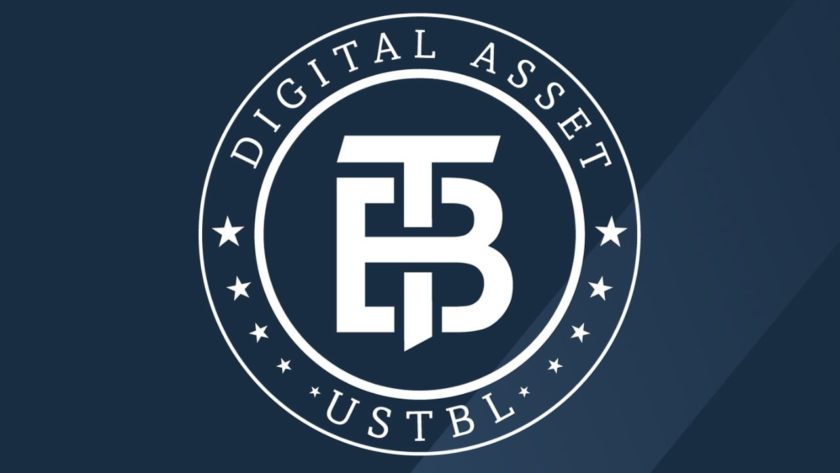Thailand Stock Exchange Governor Wants to Nurture Blockchain Startups
December 5, 2018 by Jon Southurst
Thailand’s government is about to begin licensing blockchain and cryptocurrency companies — but was its new regulation born from a desire to be a leader in the field… or fear of investment fraud? If it’s the latter, the country could fall behind when it should be nurturing digital economy startups, says Stock Exchange of Thailand governor Prinn Panitchpakdi, who spoke to Bitsonline at the recent Beyond Blocks Summit Bangkok.
Also see: How Thailand Is Staying Ahead by Regulating ICOs and Blockchain Investments
Subscribe to the Bitsonline YouTube channel for great videos featuring industry insiders & experts
Government Needs to ‘Walk the Talk’ and Help Startups
Prinn Panitchpakdi has a fairly public role as a governor of the Stock Exchange of Thailand (SET). He also sits on the Board of Thailand’s National Innovation Agency and the Electronic Transaction Development Agency — and thinks the country should do more to encourage the growth of the digital economy, rather than risk stifling it.
“You need to be vocal about the rights of people who live here,” he says of the investing public.
“A lot of people are becoming concerned… the government needs to ‘walk the talk’ — they say they want to help the smaller guys, they want to help startups. But what they’ve done to the ICO, crypto and blockchain community, I think, is a little against that in the big picture. I definitely want to be more vocal, and make sure the government delivers on what they say.”
The SET is a “self-regulating organization” (SRO), however it is also subject to the Securities and Exchange Commission’s (SEC) rules and also has the power to punish and fine its own members. That includes any listed companies, brokers, or investors caught breaking its rules.
Panitchpakdi describes himself as “more liberal” when it comes to regulation, and warns against over-cautiousness when it comes to dealing with new entrants to the market, saying an “iron fist” approach to any transgression could stifle a promising new industry.
He also thinks Thailand could set friendlier tax conditions for blockchain startups.
You can see which industries the government supports by the way it taxes them, he says. And at this stage, tax relief favors large tech corporations and social networking giants, but not startups. If Thailand wants to be a blockchain technology leader, it should do more to encourage home-grown businesses this way.
Watch the full interview above to hear all his views, and how the SET itself would welcome competition, and now the Deputy Prime Minister’s son got into cryptocurrency, helping convince the government to be more permissive.
What should governments do — if anything — to encourage blockchain startup activity? Let us know what you think in the comments.
Images and video via Bitsonline, Jon Southurst




